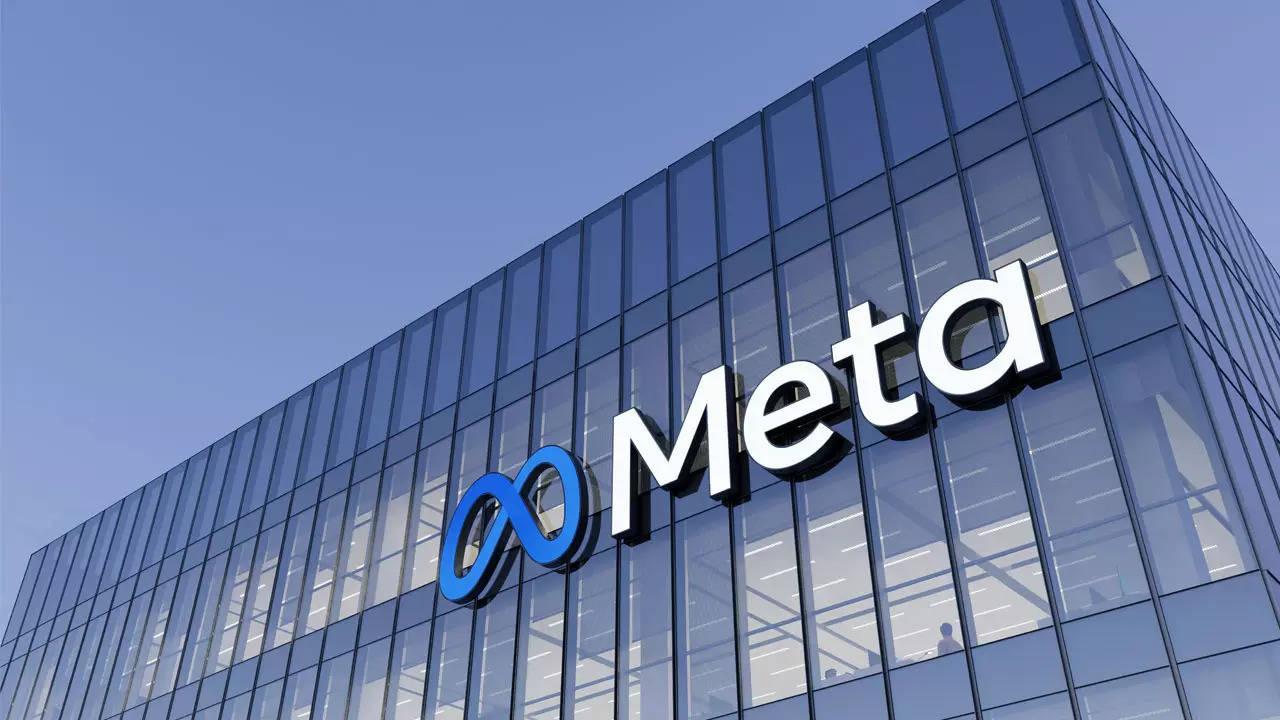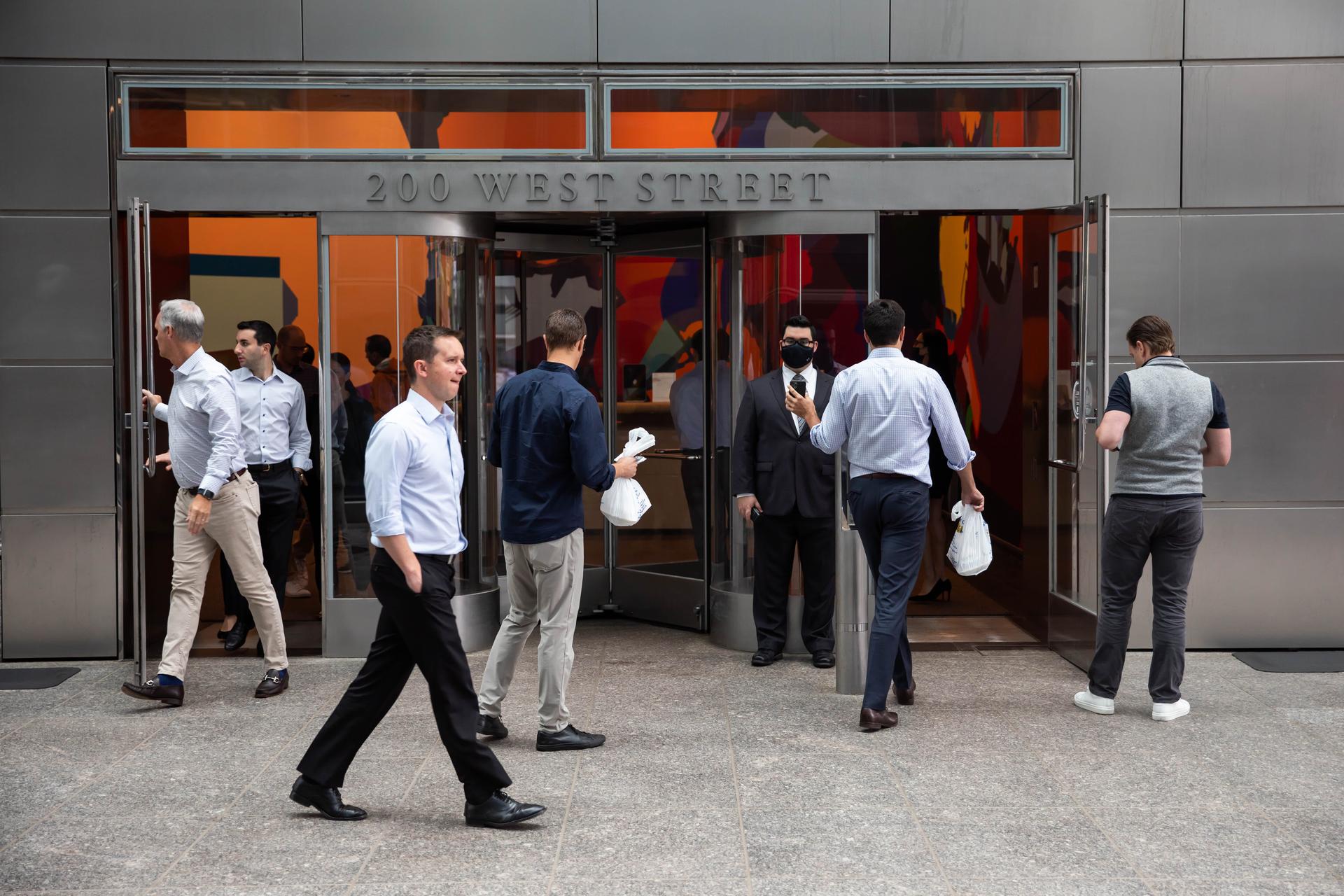Workday data shows promotion rates decreased across all sectors in 2023. The tech industry experienced a particularly sharp 25% drop in promotions. Mercer’s survey reveals companies expect to promote only 8% of employees in 2024, down from 10.3% in 2023.
This trend reflects a significant shift from the generous promotion practices of 2021 and 2022. Economic uncertainties have led companies to tighten their promotion budgets.
Economic Factors Drive Promotion Slowdown Trend

High interest rates and slower economic growth force companies to cut costs. Employers can now limit promotions without risking mass resignations. Hiring rates for high-salaried positions have reached decade-low levels.
The ‘Great Resignation’ has given way to a more employer-friendly market. Companies are leveraging this shift to manage expenses more aggressively.
Organizational Restructuring Limits Upward Mobility Opportunities

Many companies are flattening their organizational structures. This trend reduces the number of middle management positions available. For example, Meta aims to eliminate about 17% of its vice president positions.
Flatter structures are designed to improve decision-making speed and efficiency. However, they also limit traditional career advancement paths for employees.
Generational Expectations Clash with New Reality

A JobSage survey found 58% of Gen Z workers expect promotions every 18 months. This contrasts sharply with only 20% of Boomers and 27% of Gen Xers holding similar expectations. The current promotion slowdown creates a significant expectation gap for younger workers.
Companies must manage these differing generational perspectives on career advancement. This mismatch could lead to increased job dissatisfaction among younger employees.
Retention Strategies Shift to Non-Promotional Incentives

Some companies offer one-time retention bonuses to top performers. These bonuses can be as large as promotion-related raises. Employers recognize the need to retain star employees despite limited promotions.
Equity grants are being used as alternatives to traditional promotions. This approach aims to maintain motivation without altering organizational structures.
Transparency Becomes Key to Employee Engagement

Companies are focusing on providing clearer career progression paths. Increased transparency helps build trust with employees facing limited promotion prospects. Mercer’s Michael Citron emphasizes the importance of clarity in career mobility.
Transparent promotion criteria can improve employee confidence and engagement. This approach may help mitigate frustration over slowed career advancement.
Economic Stagnation Creates Career Progression Challenges

Employees face difficulties advancing within their current companies. The tight job market limits opportunities to move to other firms. This situation creates a ‘Great Stagnation’ in career progression.
Many workers find themselves stuck in roles they’ve outgrown. The lack of mobility options is leading to increased job dissatisfaction.
‘Quiet Quitting’ Emerges as Employee Response

Some employees respond to limited promotions by disengaging. The concept of ‘quiet quitting’ gains traction among frustrated workers. Employees may reduce their effort to match perceived lack of recognition.
This trend poses risks to productivity and company culture. Employers must address this issue to maintain workforce engagement.
Case Study: Jessica’s Promotion Disappointment Experience

Jessica, a high-performing marketer, expected a promotion but received only a 3.5% raise. Her experience reflects the broader trend of limited promotions. Despite additional responsibilities, her career advancement was stalled.
This situation led to her disengagement and job search efforts. Jessica’s case illustrates the potential consequences of neglecting high performers.
Long-Term Impacts on Workplace Dynamics Emerge

The promotion slowdown may have lasting effects on workplace culture. Employee loyalty and motivation could decline in response to limited advancement opportunities.
Companies risk losing top talent when the job market improves. Long-term career planning becomes more challenging for both employers and employees. This trend may reshape traditional notions of career progression.

